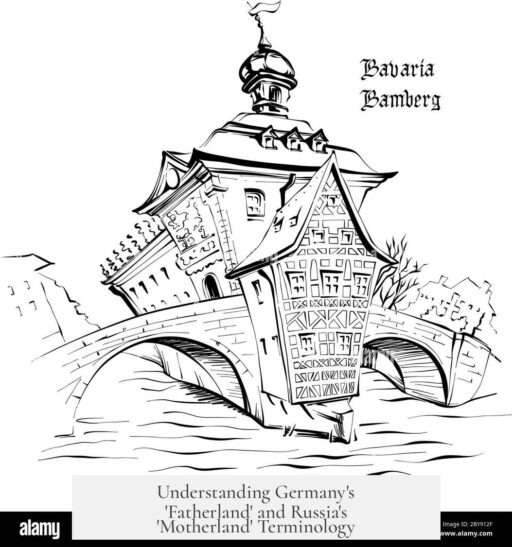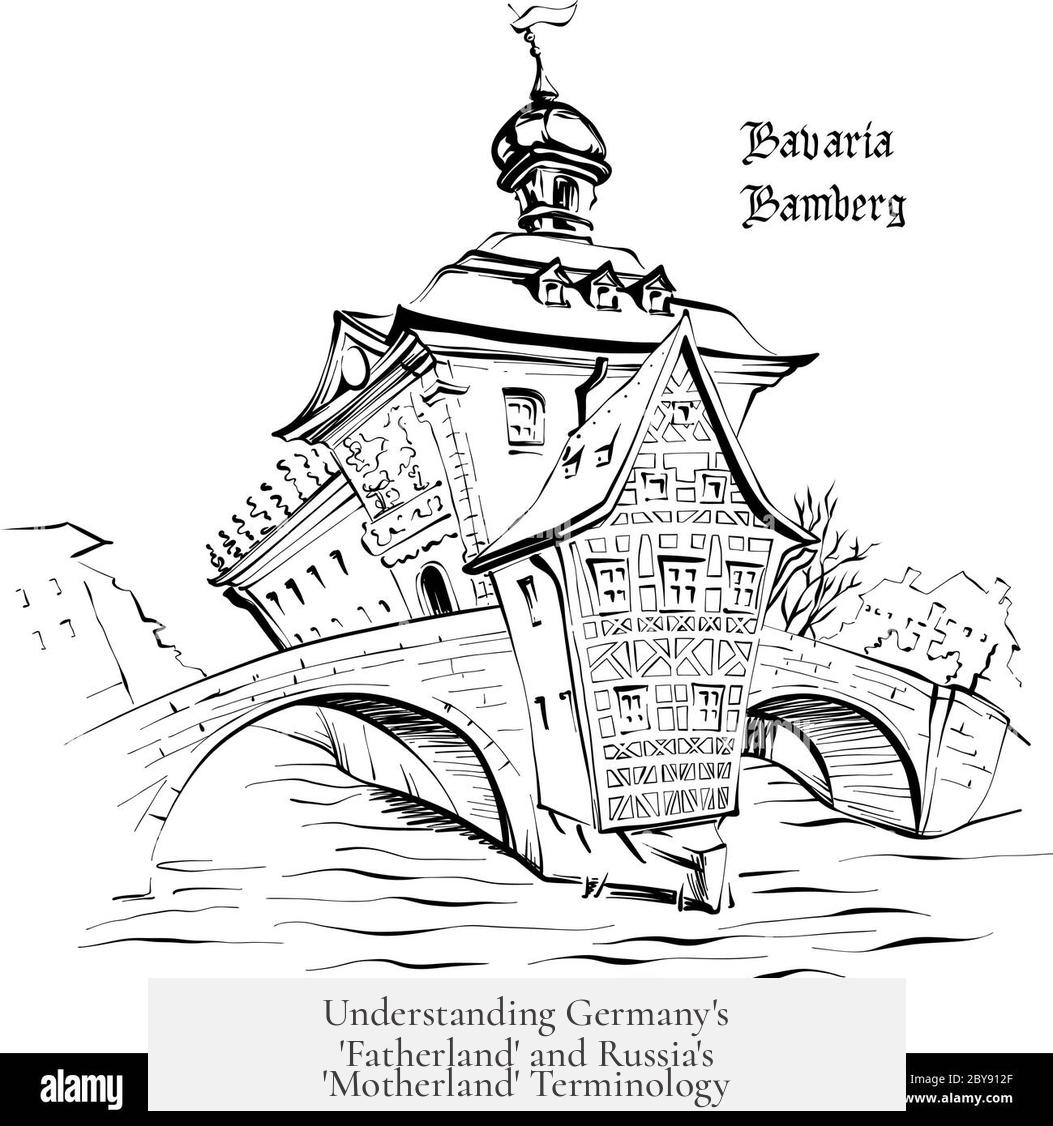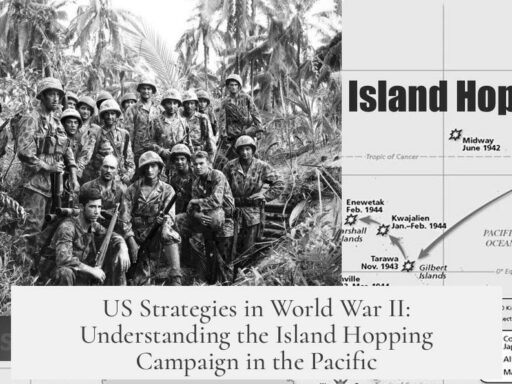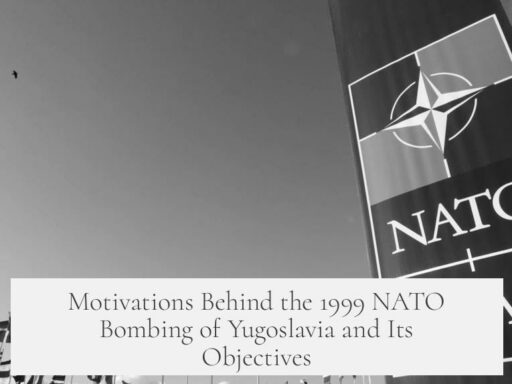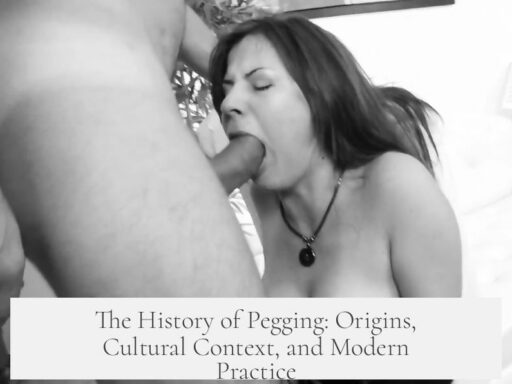Germany is called the “Fatherland” due to cultural and linguistic traditions linking nationhood to paternal imagery, while Russia is known as the “Motherland” largely because of linguistic gender and the way key words personify the country as maternal.
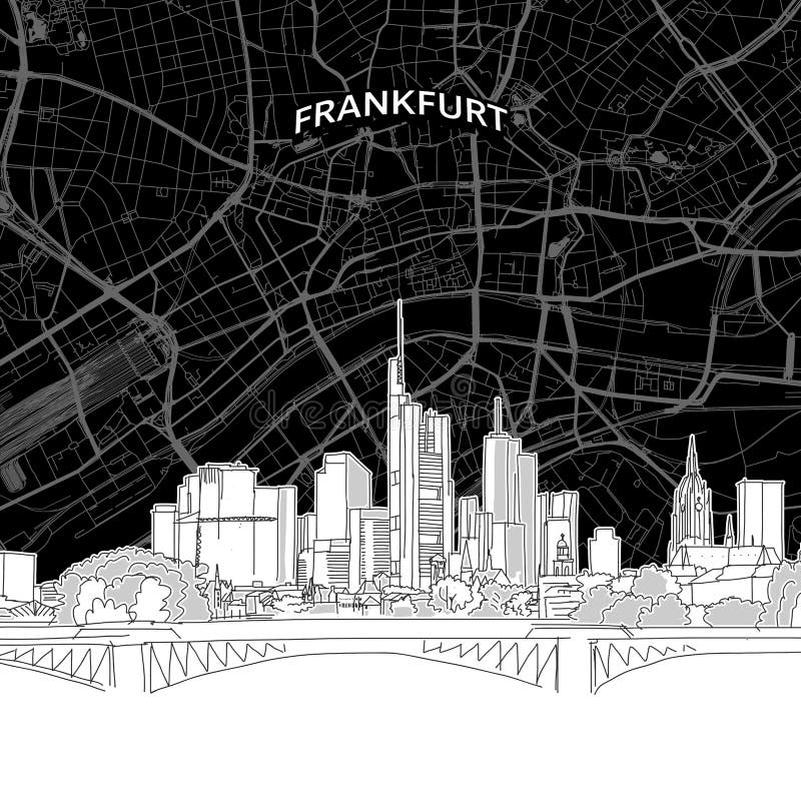
In Russian, the word for homeland, rodina (родина), ends with the feminine vowels “а” or “я,” making it grammatically feminine. This shapes the natural personification of Russia as a mother figure in the Russian language and culture. The term rodina literally means “birthplace” or “kin,” carrying a sense of origin and family rather than just land. Though often translated as “Motherland,” this translation misses the political and emotional depth that rodina holds in Russian usage.
Another Russian term, otechestvo (отечество), translates more closely to “fatherland.” This word comes from otets (отец), meaning “father,” but it is neutral in gender. Otechestvo has political overtones and is commonly used in formal patriotic contexts. Products made in Russia are sometimes labeled otechestvenniy (отечественный), meaning “of the fatherland,” emphasizing origin without overt nationalism.
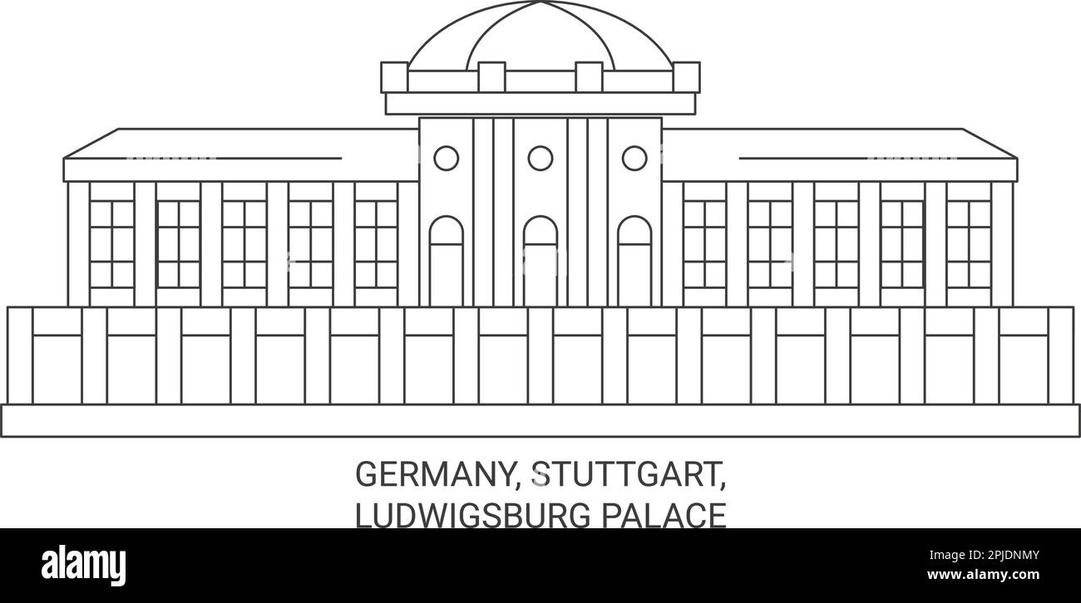
The German term “Fatherland” (Vaterland) carries a strong militaristic and nationalistic connotation. Historically, it reflects a tradition where the father is the symbol of authority and protector of the family and nation. This paternal symbolism contrasts with Russia’s maternal personification, which emphasizes nurturing and origin.
Gender in language heavily influences how countries are personified culturally. In languages like Russian and German, grammatical gender ties closely to cultural metaphors applied to nations. For example, the feminine gender in Russian encourages a maternal image, while masculine terms like Vaterland support paternal symbolism.
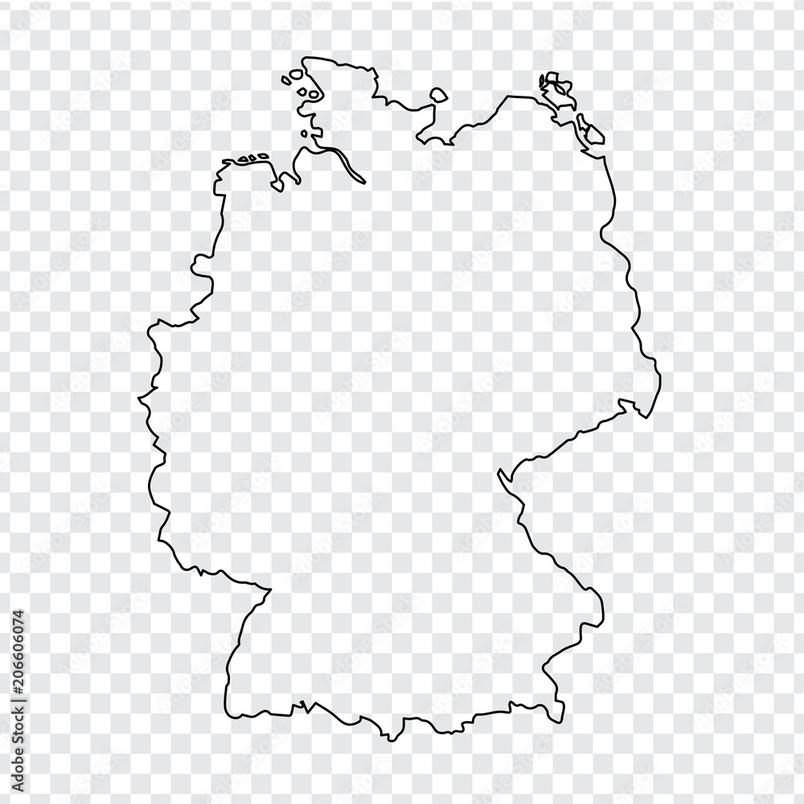
- Russian rodina (родина) is feminine, leading to the “Motherland” concept.
- Otechestvo (отечество) is a neutral, politically charged term meaning “Fatherland.”
- German “Fatherland” has militaristic, nationalistic roots tied to paternal imagery.
- Grammatical gender shapes cultural views of nationhood in both countries.
- Different languages use gendered terms reflecting unique historical and political ideas of homeland.
Why is Germany Called the ‘Fatherland’ and Russia the ‘Motherland’?
Germany is called the ‘Fatherland’ because of its cultural and militaristic traditions, while Russia is dubbed the ‘Motherland’ mainly due to linguistic gender: Russian words for homeland and the country are feminine, naturally tying Russia to a maternal image. But that’s just the starting point. Let’s dive deeper and unpack the fascinating reasons behind these enduring nicknames.
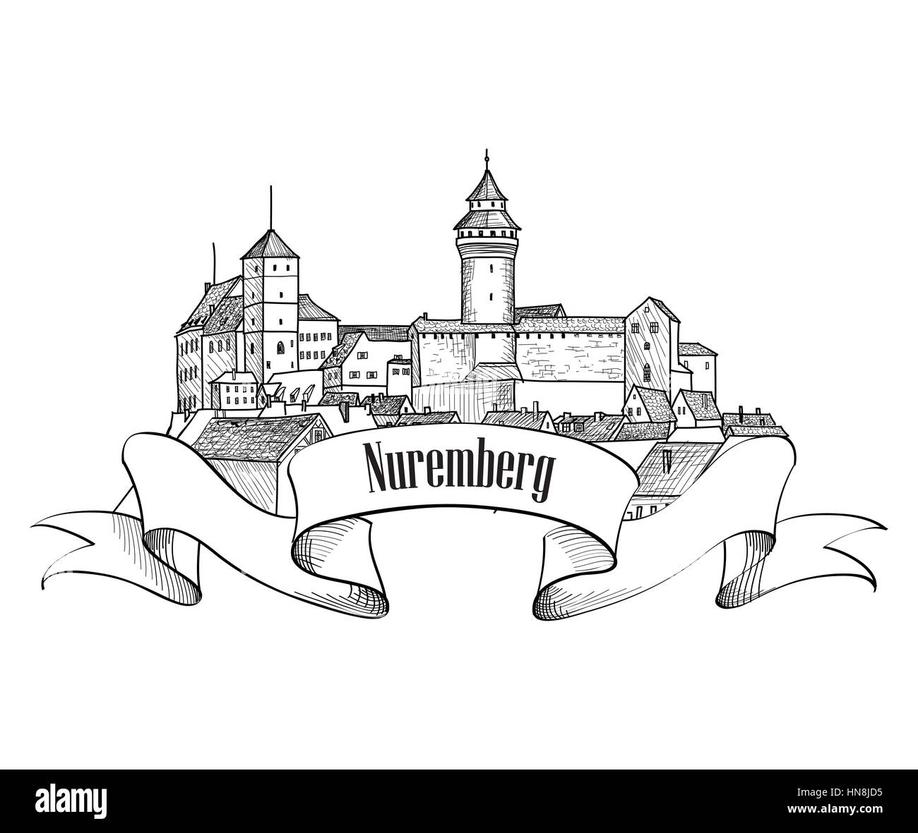
Ever noticed how languages shape our view of the world? In Russian, the grammar itself nudges the nation’s identity toward motherhood, while German history leans on fatherhood symbolism.
Russian Language and the Feminine ‘Motherland’
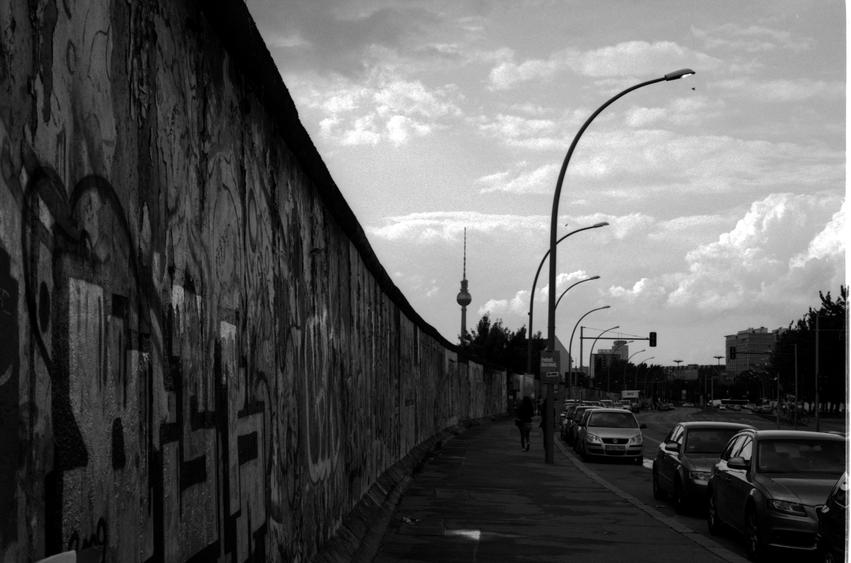
Russian grammar follows pretty strict gender rules. Words ending with -а or -я are typically feminine. The Russian word for homeland, родина (rodina), ends with -a, making it feminine. So does Россия (Rossiya), the very name for Russia. This is the linguistic backbone of calling Russia the ‘Motherland.’
For Russian speakers, calling their country “отец Россия” (Father Russia) just sounds odd—like calling your mom “dad.” It doesn’t fit.
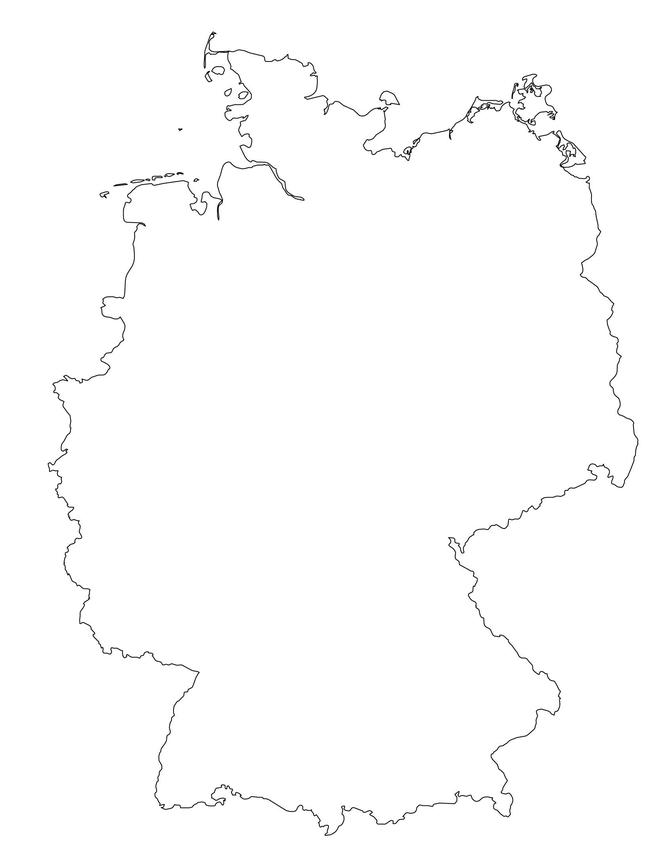
“In Russian language whenever a noun ends on а or я, its gender is feminine. People translate the word rodina (родина) as motherland probably due to its gender and Rossiya is feminine as well. Father Russia makes no sense whatsoever for any Russian speaker.”
Now, does that mean the term ‘Motherland’ is just a direct translation? Not quite. The word rodina literally means “birthplace” or “origin”—coming from the root rod which means family or kin. It’s more than just a place; it’s a deep emotional and political concept for Russians.
In English, “birthplace” suggests a simple geographic location. In Russian, родина carries patriotic vibes and political weight. Calling it “Motherland” reflects this feminine, nurturing concept wrapped in cultural layers.
The Other Word: ‘Otechestvo’ – The Russian ‘Fatherland’
Wait, there’s also a Russian word for ‘Fatherland’—отечество (otechestvo). It’s gender-neutral but derives from “father” (отец, otets). This word feels more formal and political. It’s used in patriotic speeches and to describe products as “made in Russia” (отечестенный). Yet there’s no emotional motherly warmth here—more like official pride.
“There is a word otechestvo (отечество), of neutral gender, coming from otets (father). It’s more political than rodina. Though widely used for product labels, it doesn’t carry political overtones, just means ‘made in Russia.’”
Germany’s ‘Fatherland’ and Its Militaristic Edge
Germany’s use of “Fatherland” means something quite different. The word carries a strong militaristic vibe historically. Calling it the Fatherland pulls on themes of duty, defense, and strength in battle.
Unlike Russian “Motherland,” the German Fatherland evokes the image of a stern protector—the father who commands respect and loyalty. This fits Germany’s political and cultural traditions.
“Fatherland in Germany has a distinct militaristic connotation to it.”
Both countries use these imagery-laden words, but for Germany, the term pushes unity under the banner of strength, order, and heritage. For Russia, it’s a more nurturing and emotional symbol—though still fiercely patriotic.
What About Other Languages?
Interestingly, other languages complicate the picture. Swedish, for example, uses fosterlandet, meaning “the land that raised a person”—neither strictly maternal nor paternal. It’s like Sweden wants its homeland to be the cool foster parent.
“To further complicate the question, in Swedish they use fosterlandet which translates to ‘land that raised a person.’”
This highlights how languages and cultures capture complex feelings about homeland beyond simplistic gender roles.
So Why Does It Matter?
Understanding why Russia is the Motherland and Germany the Fatherland gives insight into how language shapes national identity and cultural values. It also warns us about translating worldviews literally without context.
For instance, Russian speakers might carry over their strong gender norms into foreign languages, causing funny or confusing gender slips. Next time you hear a Russian mixing up “he” and “she” in another language, you’ll know it’s linguistic habit, not a mistake!
Meanwhile, these terms can indicate political histories—Russia’s motherly symbolism softens yet mobilizes, while Germany’s fatherly imagery connects to authority and defense.
In practical terms, if you ever label a product “отечестенный,” you’re saying it’s proudly Russian-made—not waving a political flag but tapping into national pride.
Summary Table: Quick Contrast Between ‘Motherland’ and ‘Fatherland’
| Aspect | Russia (Motherland) | Germany (Fatherland) |
|---|---|---|
| Linguistic Gender | Feminine nouns (родина, Россия) | Masculine connotation |
| Term Used | Rodina (Motherland), Otechestvo (Fatherland, political/formal) | Fatherland (patriotic, militaristic) |
| Cultural Meaning | Nurturing, birthplace, origin with political overtones | Strength, protection, military unity |
| Common Usage | Everyday, emotional (Rodina); formal/political (Otechestvo) | Mostly patriotic, military, cultural identification |
Final Thoughts
Next time someone casually throws around “Fatherland” or “Motherland,” you’ll know it’s more than a poetic phrase. It’s a cultural lens shaped by language rules and history—a living reminder that words carry roots deep into a nation’s soul. So, which homeland raises you—a mother’s gentle hand or a father’s steadfast guard?
